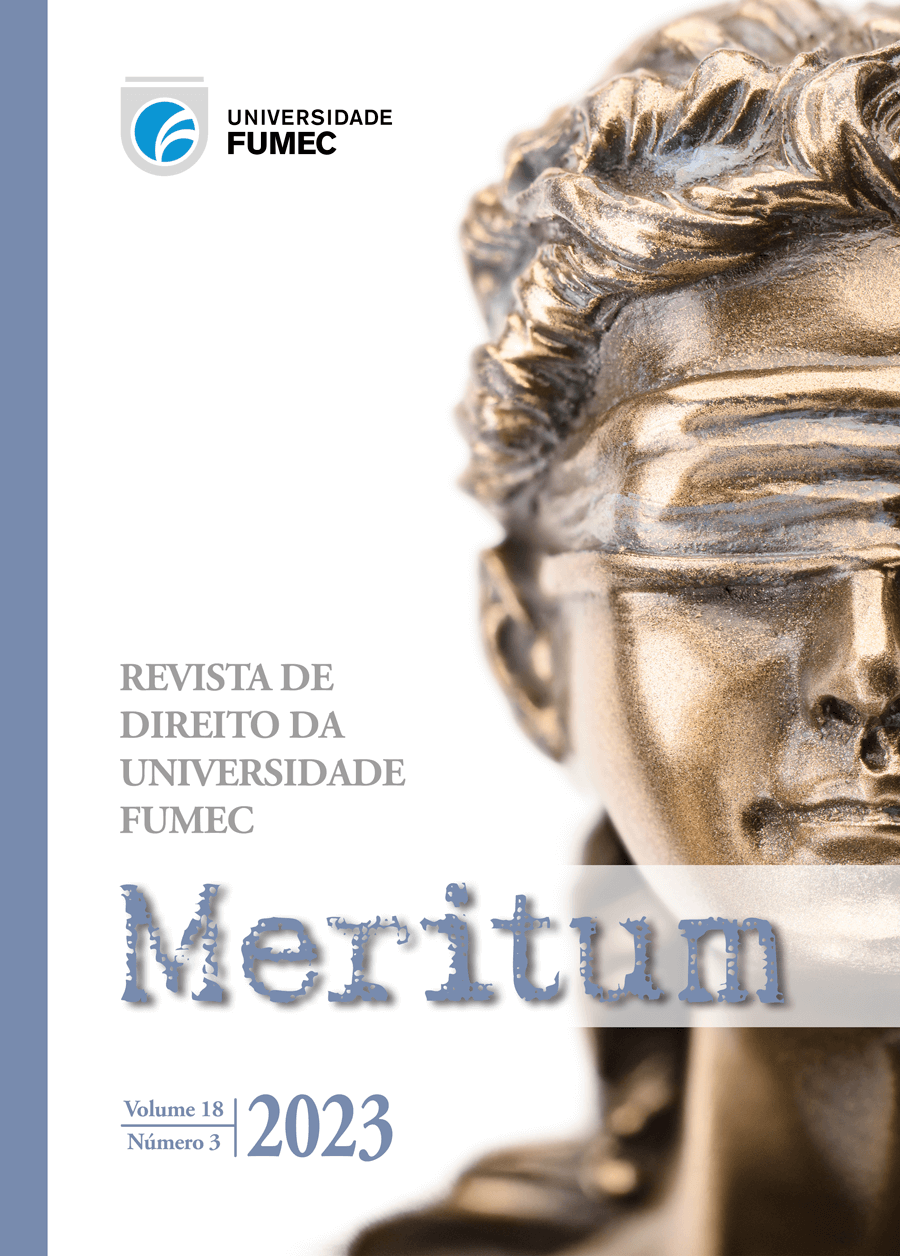The VALUING HUMAN WORK AND FREE INITIATIVE IN THE CONTEMPORARY CONTEXT
DOI:
https://doi.org/10.46560/meritum.v18i3.9673Abstract
In this article, we will seek to reflect on the appreciation of human work and free initiative in the contemporary context and how such foundations identify and recognize the workforce as a social right that gives people a dignified existence in the constitutional economic order. As a problem question, it aims to answer to what extent the appreciation of human work and free enterprise fit the constitutional requirement of the dignity of the human person? To answer it, the article is structured in three sections of content: principled analysis of the dignity of the human person for the conceptual understanding of work as a social right and, therefore, the appreciation of human work and free initiative to address the economic order : a) the search for full employment and b) reduction of regional and social inequalities. In sequence, the Covid-19 pandemic in Brazil stands out, in general terms, in view of the harmful consequences of this period for work and its intrinsic relationship with the economic order. Methodologically, bibliographical research aligned with legal-sociological research was used. It was found that society is undergoing a new transformation of work and employment relations, especially after a period that could result in the actual extinction of the human race in certain regions. Being, the valorization of the human work and of the free enterprise the fundamental foundations for the restructuring of the constitutional economic order that through its principles: the search of the full employment and of the reduction of the regional and social inequality, it protects questions of necessity and social coexistence that give meaning to the dignified existence.
Downloads
Published
Issue
Section
License
Autores que publicam nesta revista concordam com os seguintes termos:
- Autores mantém os direitos autorais e concedem à revista o direito de primeira publicação, com o trabalho simultaneamente licenciado sob a Licença Creative Commons Attribution que permite o compartilhamento do trabalho com reconhecimento da autoria e publicação inicial nesta revista;
- Autores têm autorização para assumir contratos adicionais separadamente, para distribuição não-exclusiva da versão do trabalho publicada nesta revista (ex.: publicar em repositório institucional ou como capítulo de livro), com reconhecimento de autoria e publicação inicial nesta revista;
- Autores têm permissão e são estimulados a publicar e distribuir seu trabalho online (ex.: em repositórios institucionais ou na sua página pessoal) a qualquer ponto antes ou durante o processo editorial, já que isso pode gerar alterações produtivas, bem como aumentar o impacto e a citação do trabalho publicado (Veja O Efeito do Acesso Livre).






